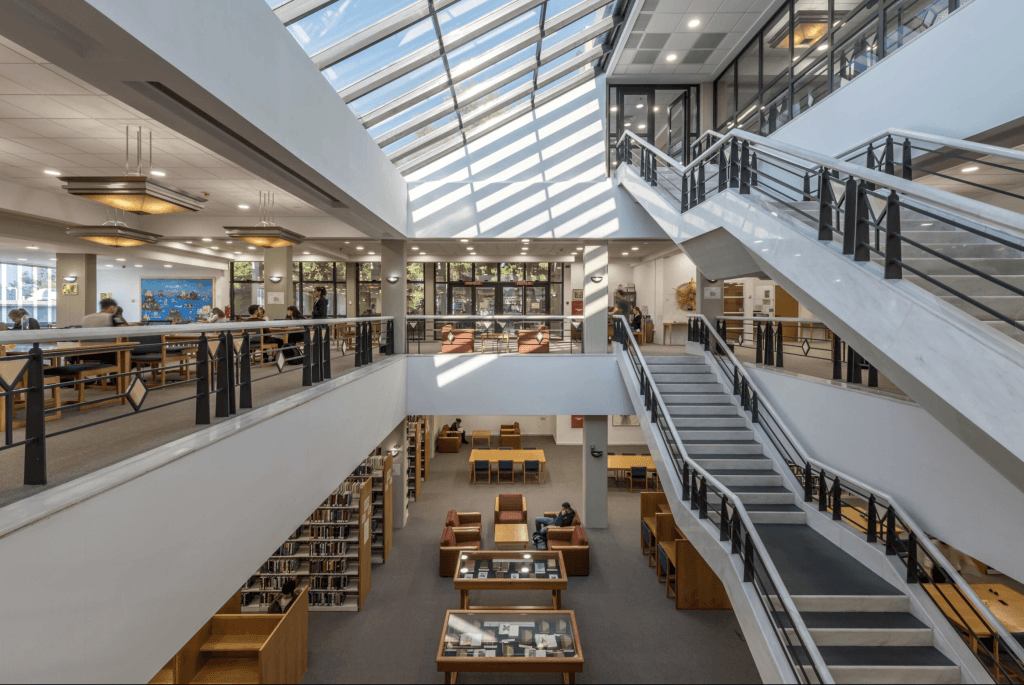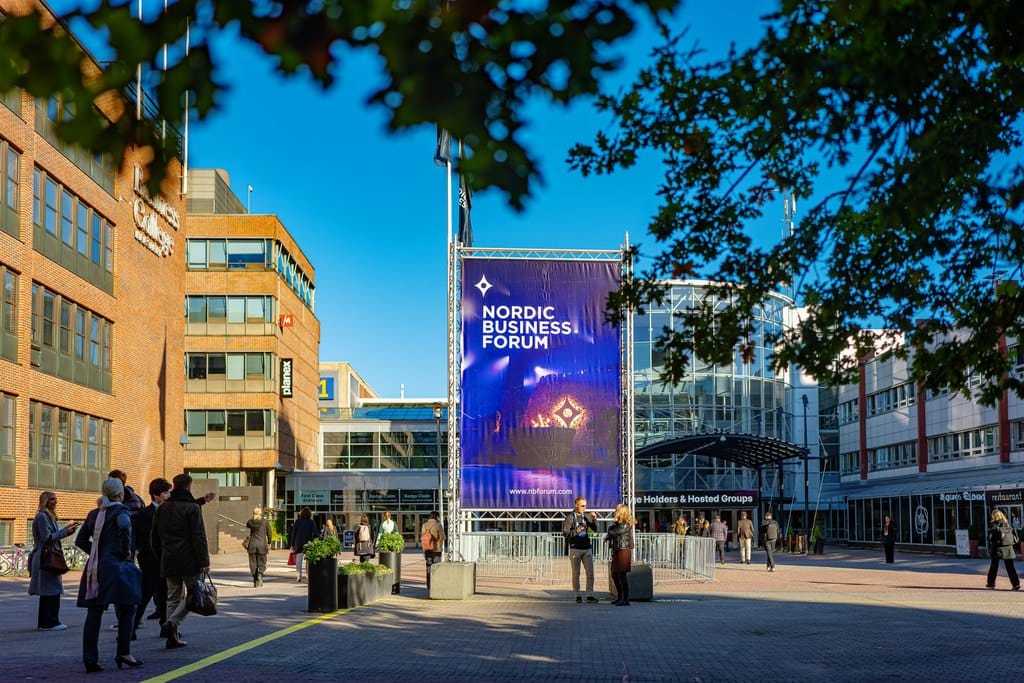The lack of soft skills in leadership and the workplace is a widespread phenomenon that hinders communication amongst employees and the accomplishment of corporate goals.
Currently, there are two major trends that trigger massive change in the corporate world: Digitalisation (including strategy and mentality) and Cultural Transformation. Both require advanced communication strategies and techniques that leadership figures and followers need to embrace.
To manage that, a variety of soft skills is required, such as active listening, empathy, critical thinking, as well as an overall mindset that will allow meaningful collaboration and teamwork.
According to a PWC survey[1], the challenges that leaders face today are more significant and complex than they’ve been in generations. Moreover, the survey has found that only 1 in 5 leaders are confident they are building high levels of trust with workers.
Leadership and organizational culture are, of course, linked. PWC argues that “for leaders to make progress on their digital agenda and address urgent challenges, they will have to change their own behaviors, not only their people’s. Leaders will need to lean into data and develop their ability to use it to make more deliberate decisions. They’ll need to help shape their people’s behaviors by modelling changes in how work gets done and by putting actions behind their words on issues such as well-being and diversity, equity, and inclusion targets.”[2]
Building soft skills is essential for both leaders and followers alike. A very interesting interdisciplinary academic program with courses from management, sociology, psychology, communications, and anthropology came to fill the gap. It is a new Minor in ‘Workplace Soft Skills’ that was launched this year by The American College of Greece.[3]
This is an interdisciplinary program with courses from management, sociology, psychology, communications, and anthropology! It is intended for students and professionals from all backgrounds who are interested in self-development and in enhancing their competitiveness in the job market.
It enables the development of soft skills, both through providing an understanding of related theories and through experimental learning that allows the application of soft skills and emotional intelligence in practice.
Students first complete three courses in selected areas of organizational behavior and human resource management, including innovative courses on Soft Skills, Mindsets & Emotional Intelligence, and Acts and Behaviour at Work. Subsequently, students may choose from a variety of elective courses that cover areas from diverse disciplines, including psychology, sociology, anthropology, communications, behavioral economics, decision-making, personal branding, and negotiations.
Photo: ACG Deree
[1] PWC (2020) Future of Work and Skills Survey; Building tomorrow’s workforce in Greece: Six no-regrets plays to make today. Available at: https://www.pwc.com/gr/en/Future%20of%20Work%20and%20Skills%20Greek%20Findings%202022%20FINAL.pptx.pdf
[2] PWC (2020) op. cit.
[3] See: ACG, ‘Minor Certificate in Workplace Soft Skills’. Available at:https://www.acg.edu/academics/undergraduate/undergraduate-programs/school-of-business-and-economics/minors/workplace-soft-skills/


